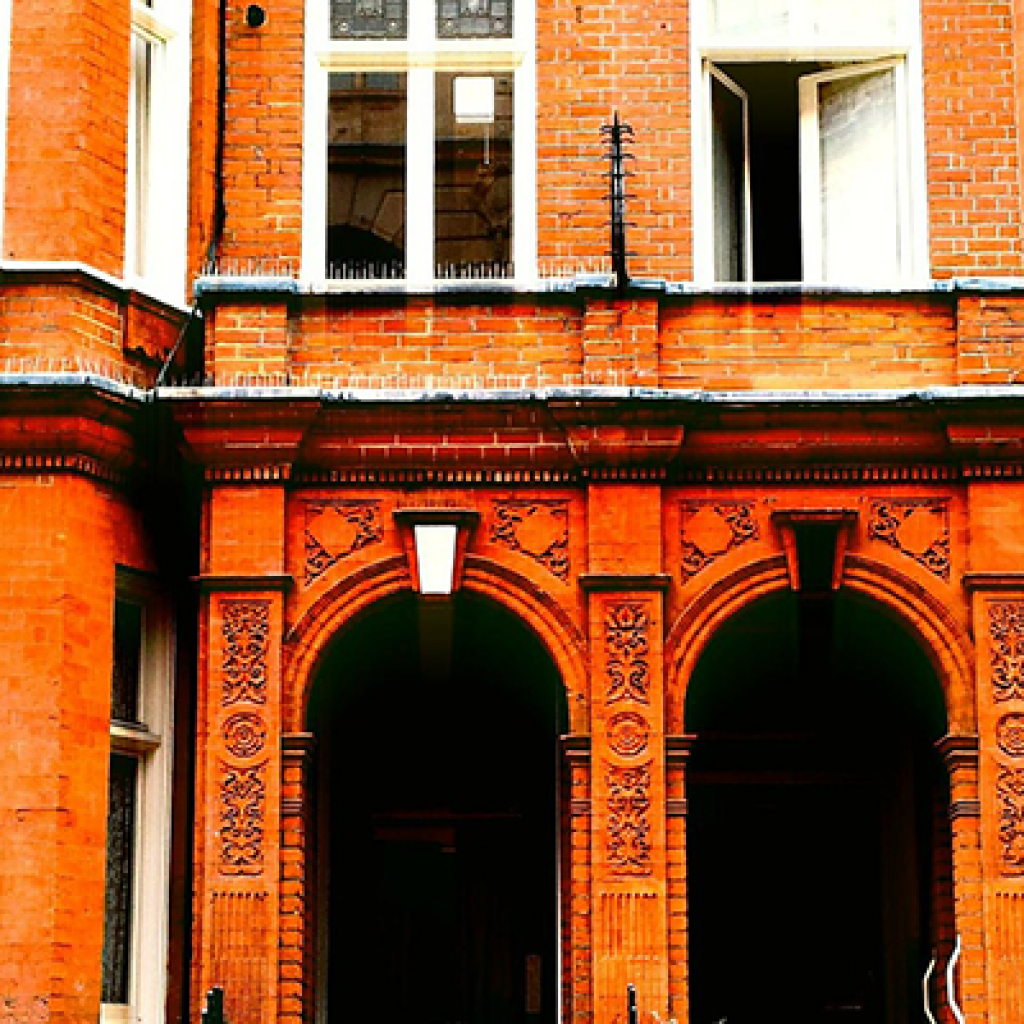Performing Local Authority Searches on a property to discover whether it’s listed or within a conservation area is always included within the conveyancing process. If clients are interested in a listed home or property within a conservation area, they will need sound guidance when it comes to buying considerations – whether it be for residential or commercial use.
The conveyancing process is a lot different for listed buildings than it is for usual properties and there are many aspects to consider such as enhanced regulations and required upkeep, both inside and outside of the property.
Listed buildings or structures are those registered with a national heritage association and have specific characteristics that are deemed to be of historic significance. All existing buildings that were built prior to 1700 within the UK have been automatically listed as a form of protection and to ensure appropriate maintenance.

To comply with regulations, a building or structure must be at least 30 years old in order to be considered for listing.
Due to the UK’s rich heritage and the dedication to keep the nation’s history alive, there are now around half a million buildings registered within the II and II* grades of listing.
Clients should also be made aware that even if the property they’re interested is not listed, it could still be within a conservation area. This is important for buyers to note if they have plans to alter the property, as they may need to acquire specialised conservation area consent, as well as apply for planning permission.
Though many would picture a beautiful quaint property with many unique features, listed buildings or structures are not always as one would imagine. It was recently reported that an Essex skatepark has been presented with a Grade II listing for its eye-catching shape and was described by sports historian, Simon Inglis, as "a very sensual series of undulations".
This example shows that what may be of historical significance and cultural value, may not appear so to others — highlighting the importance for consumers to use qualified professionals to carry out the conveyancing process, as they may be presented with some unwelcome consequences.




















